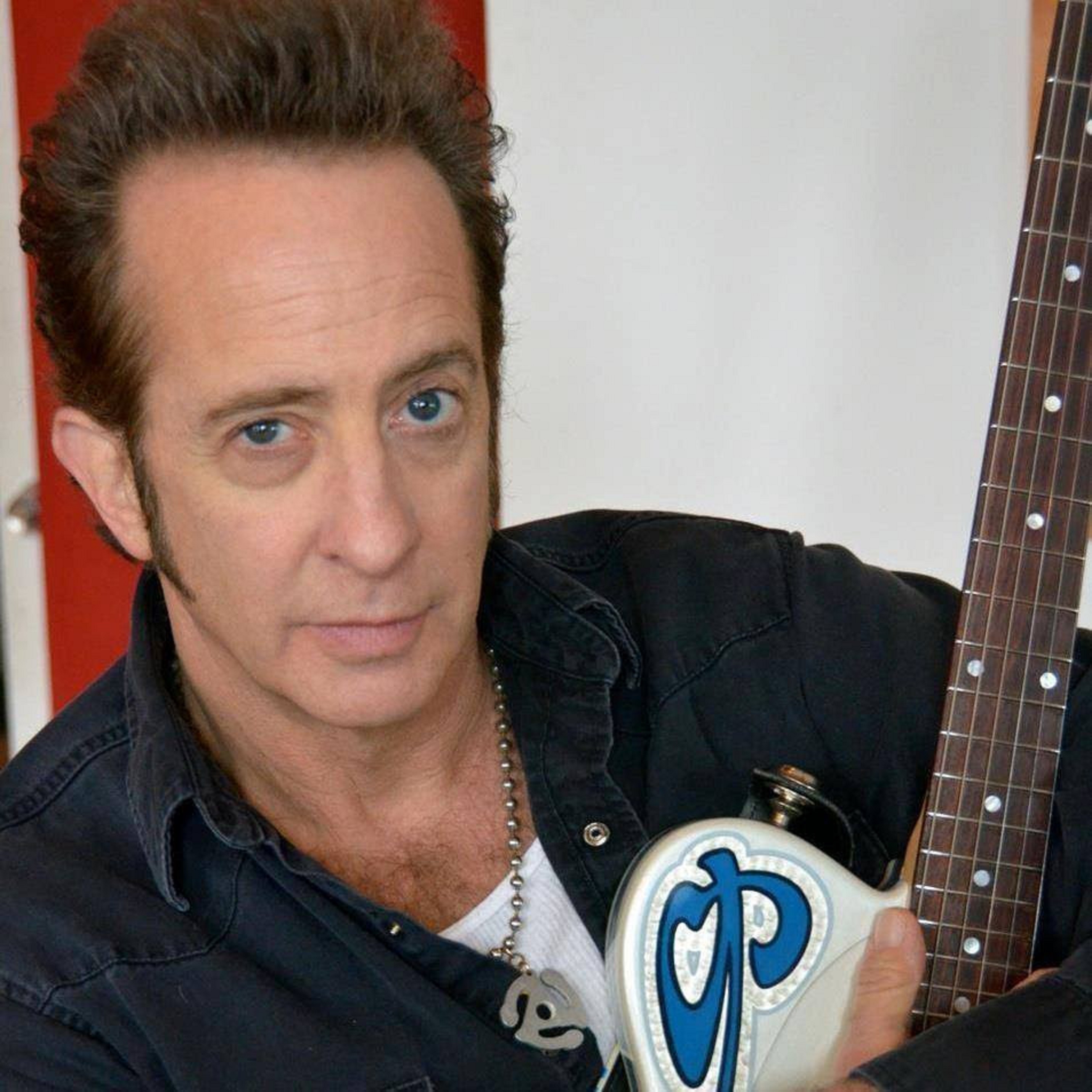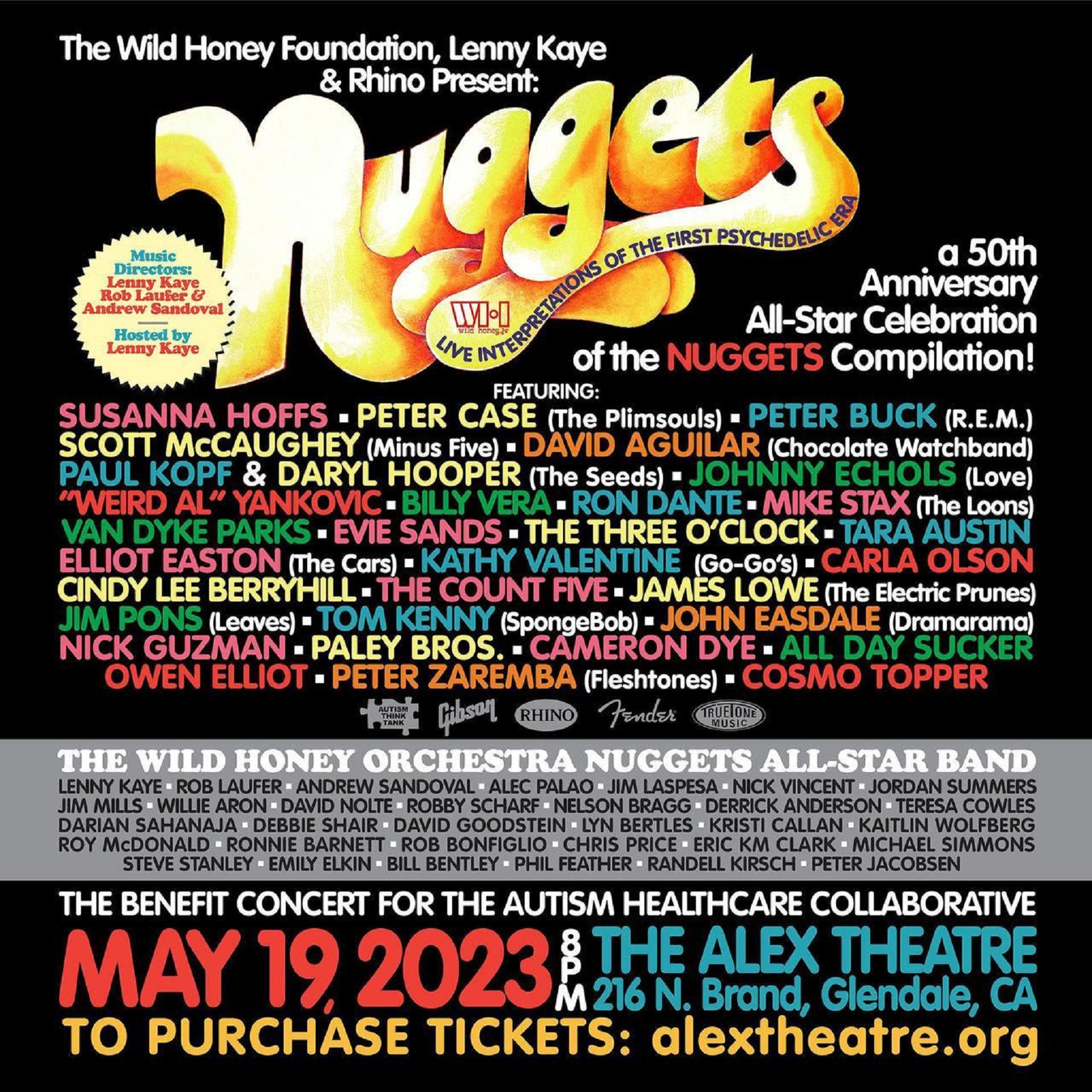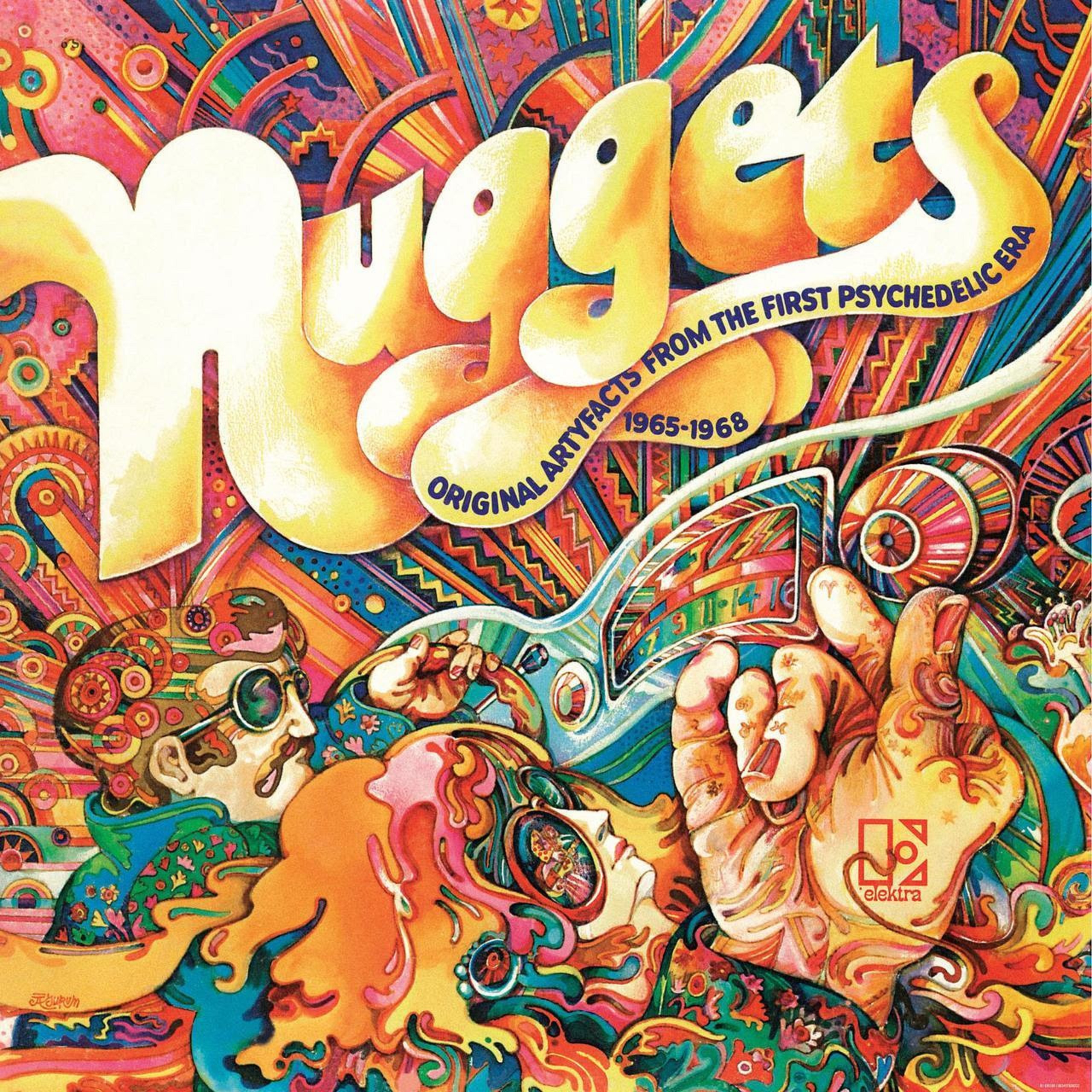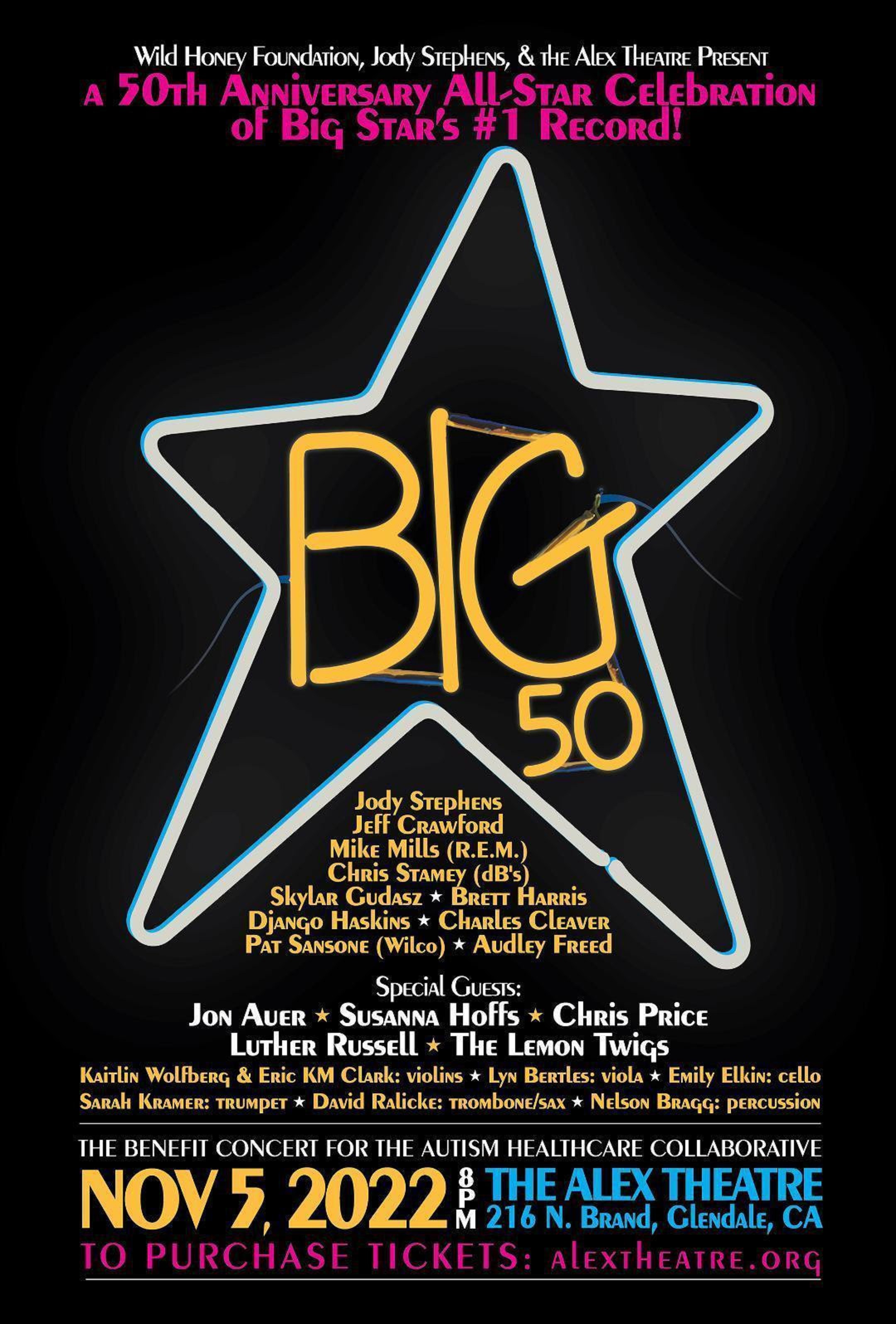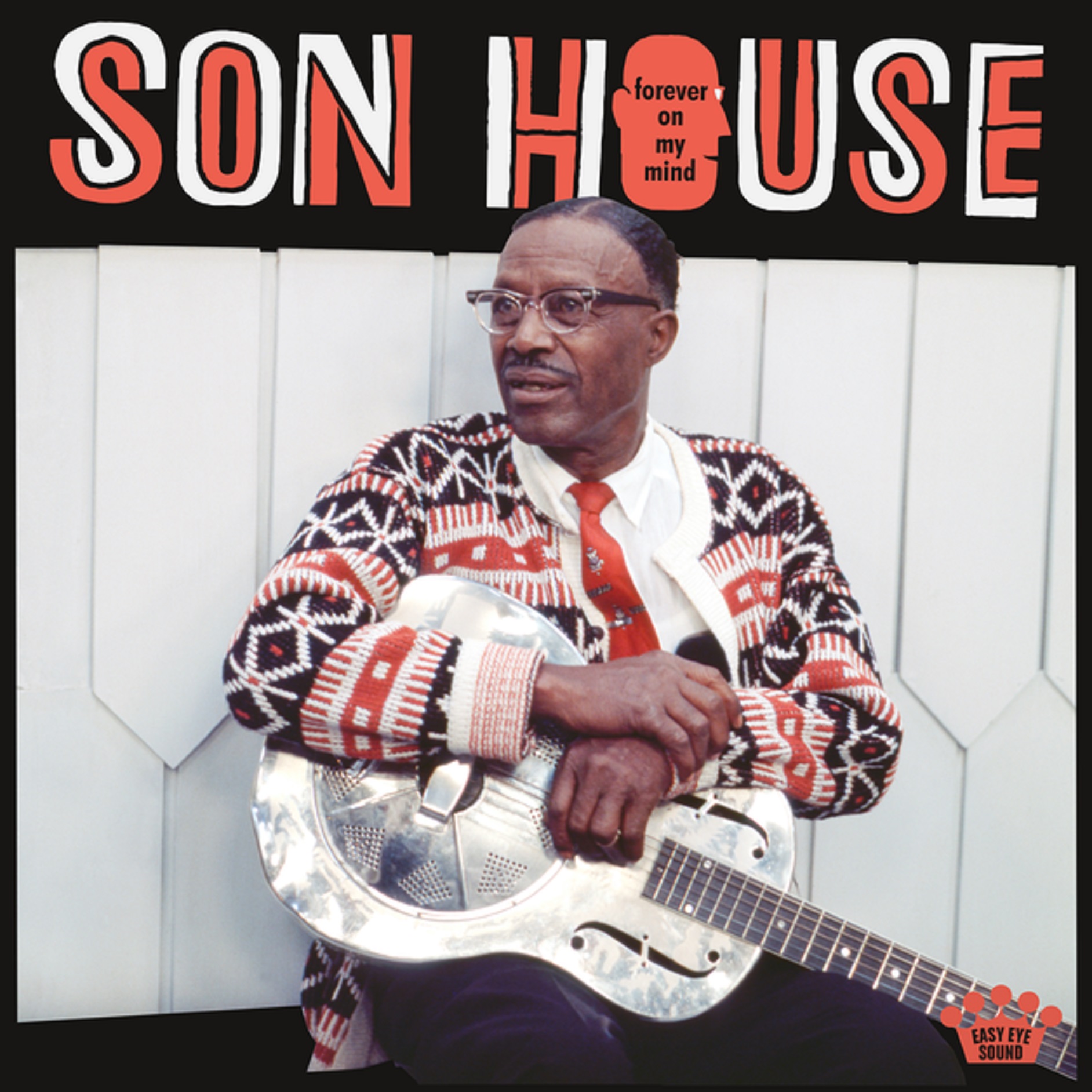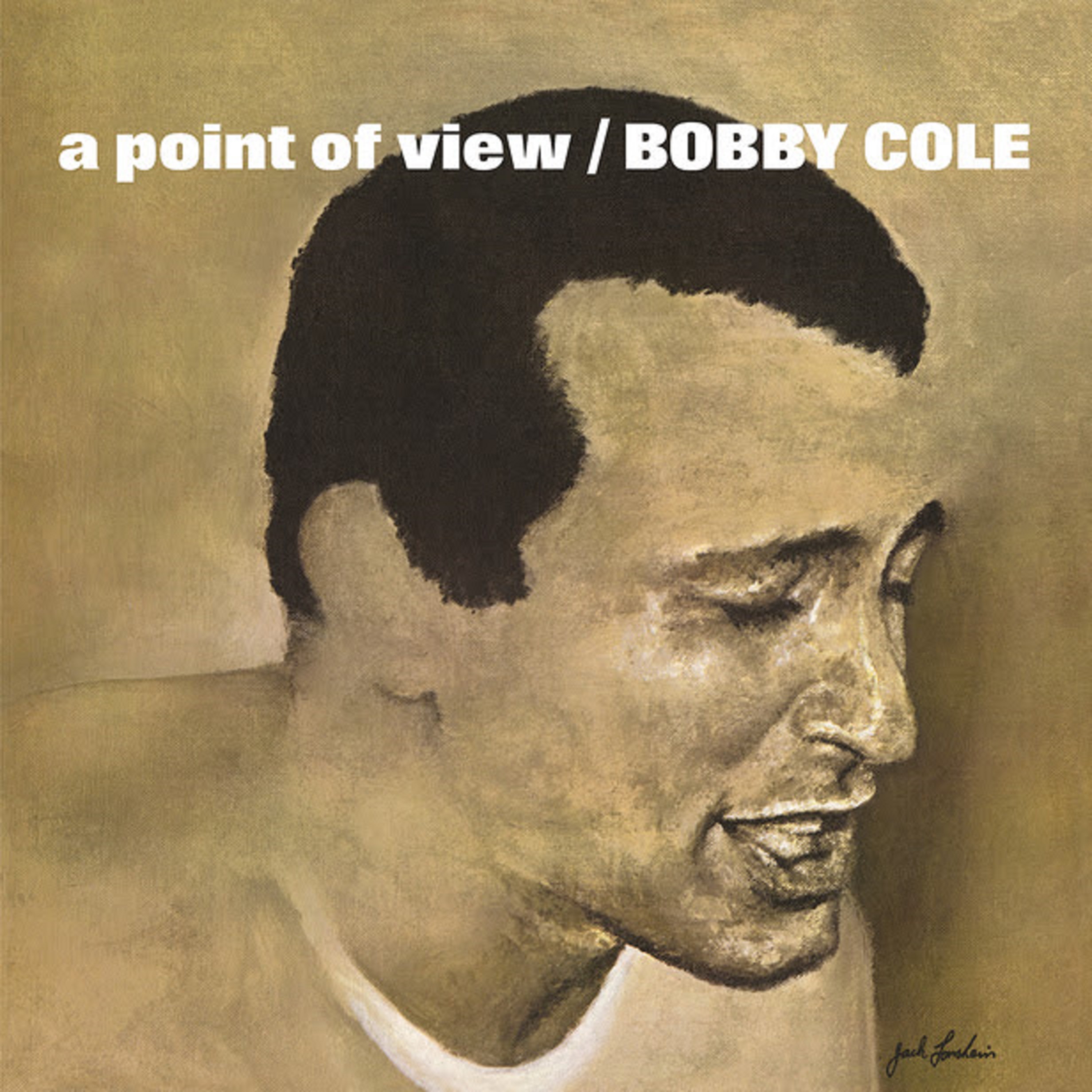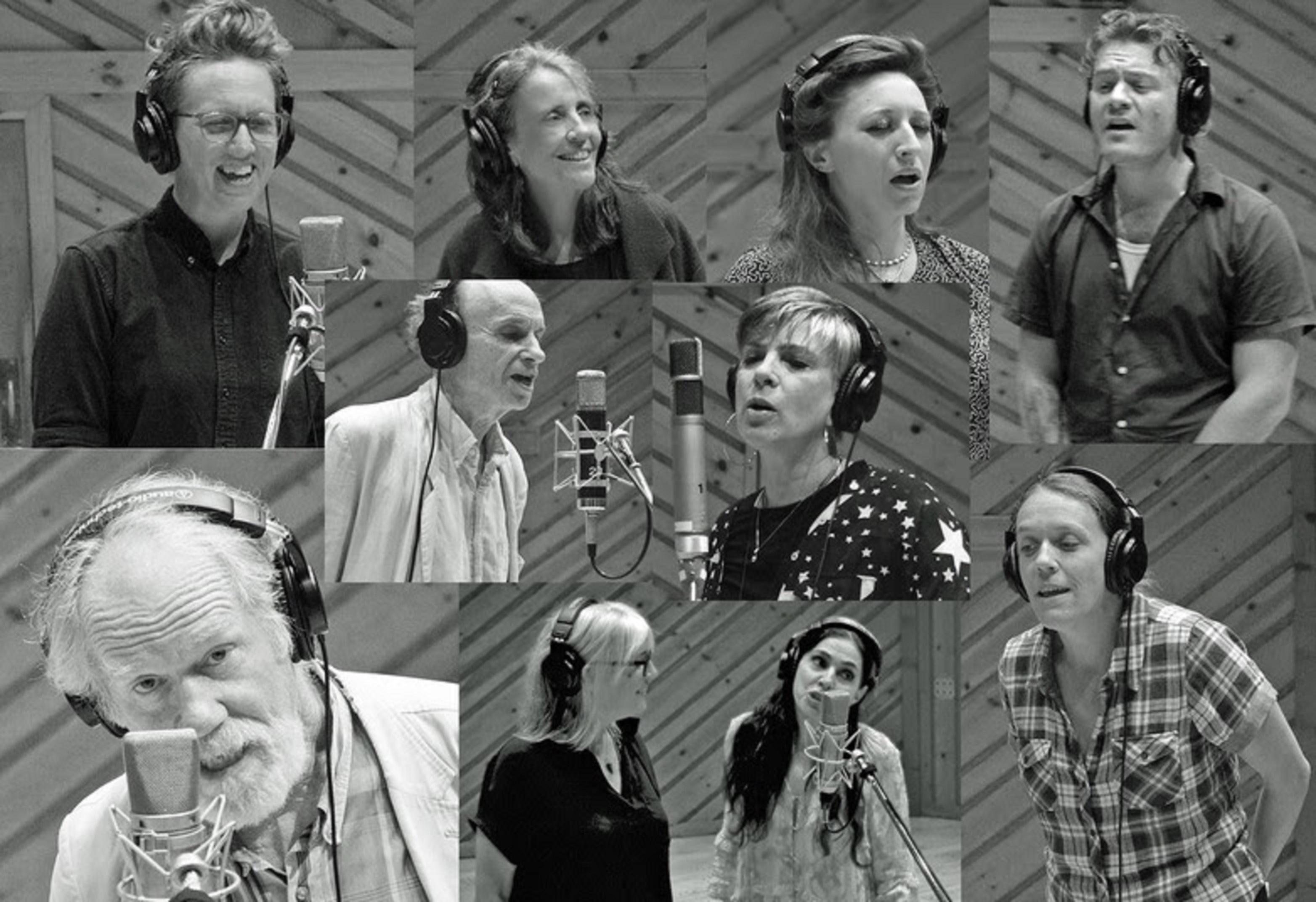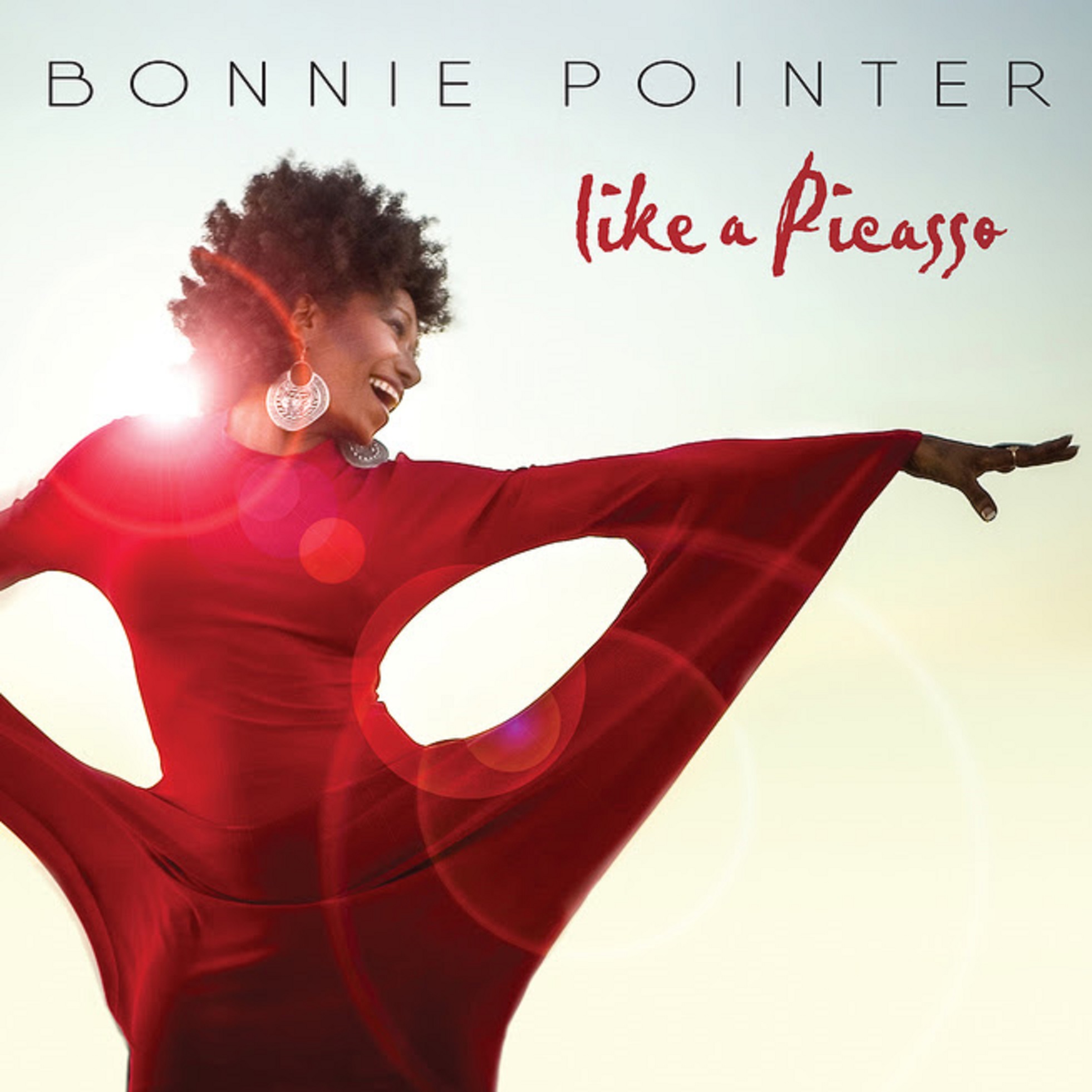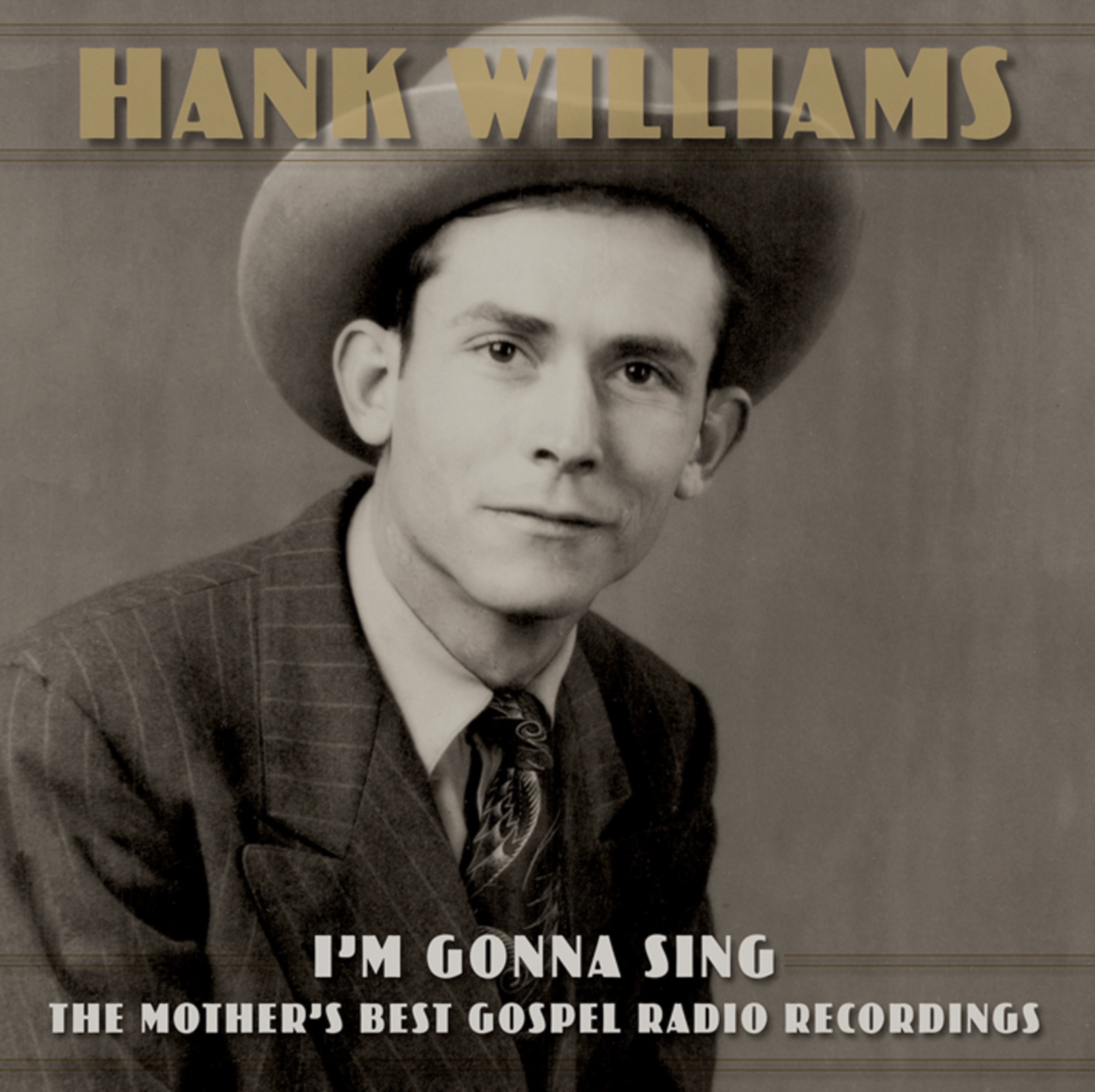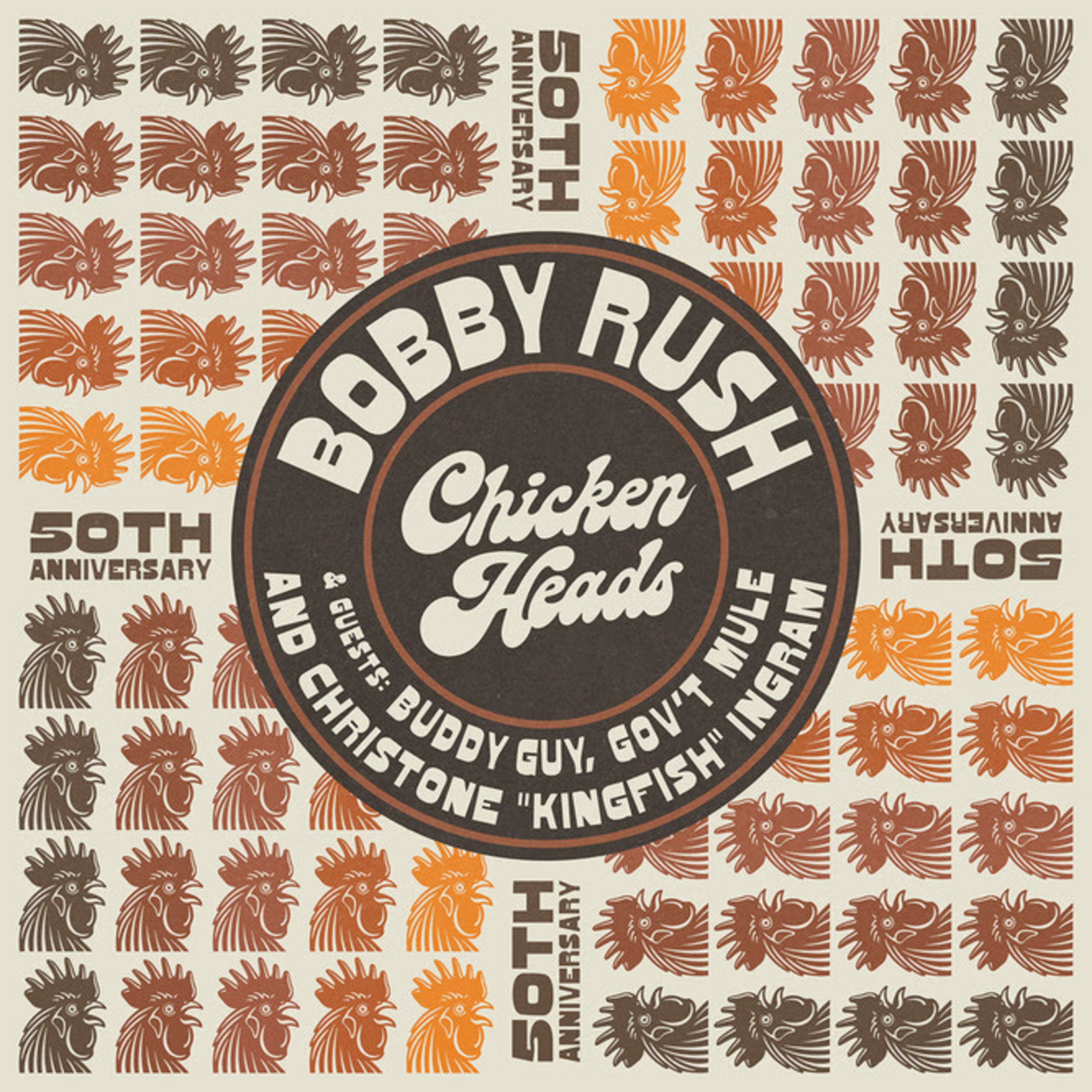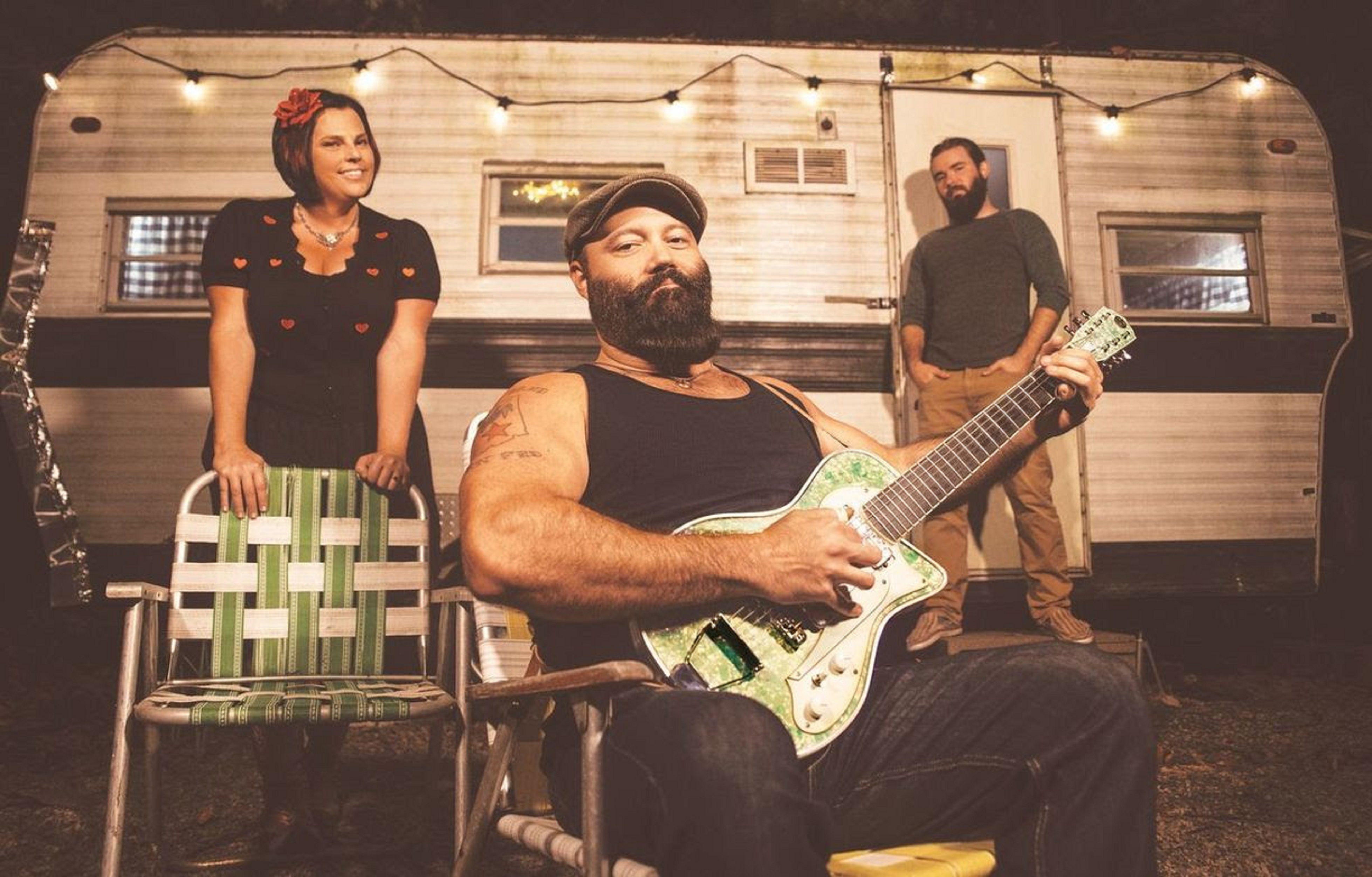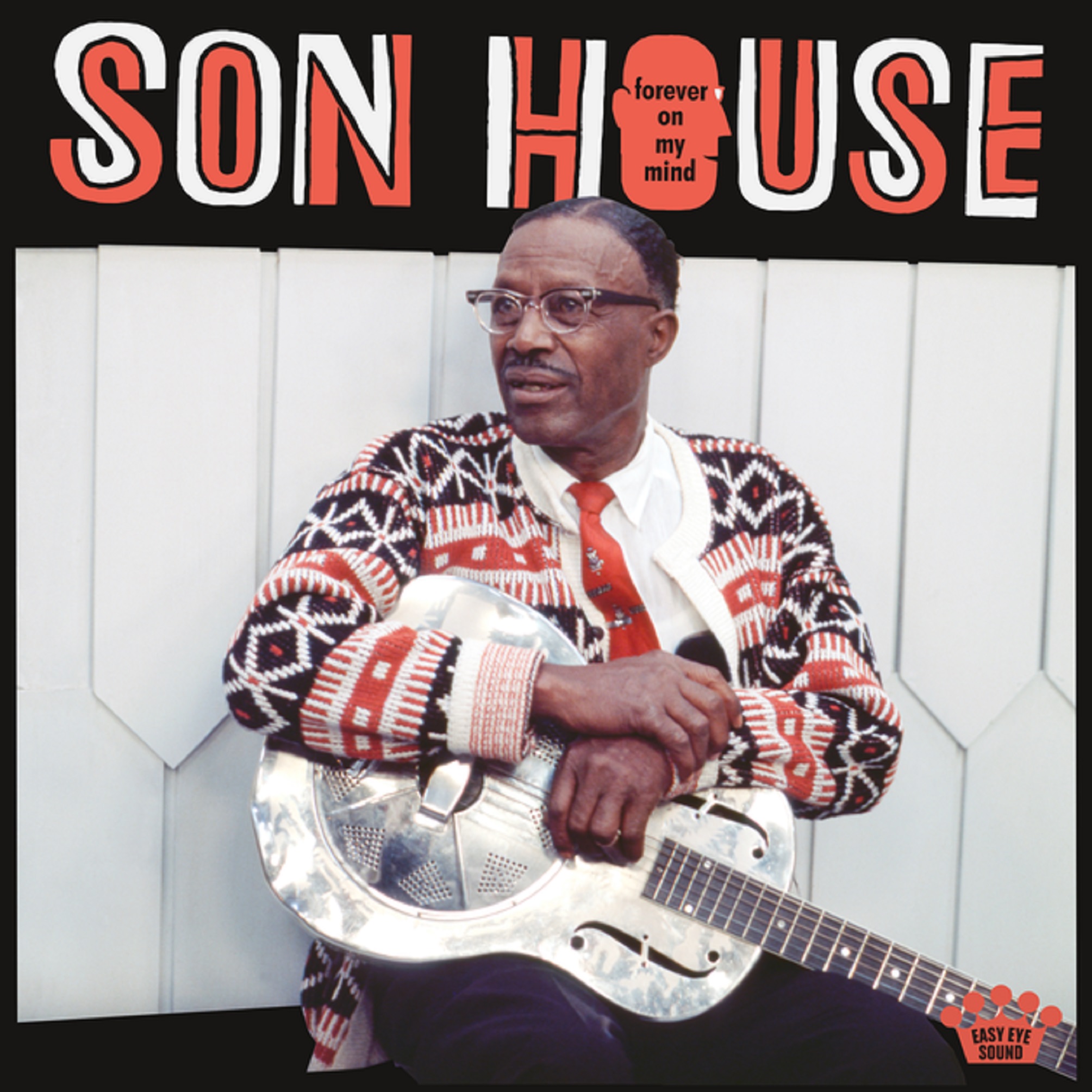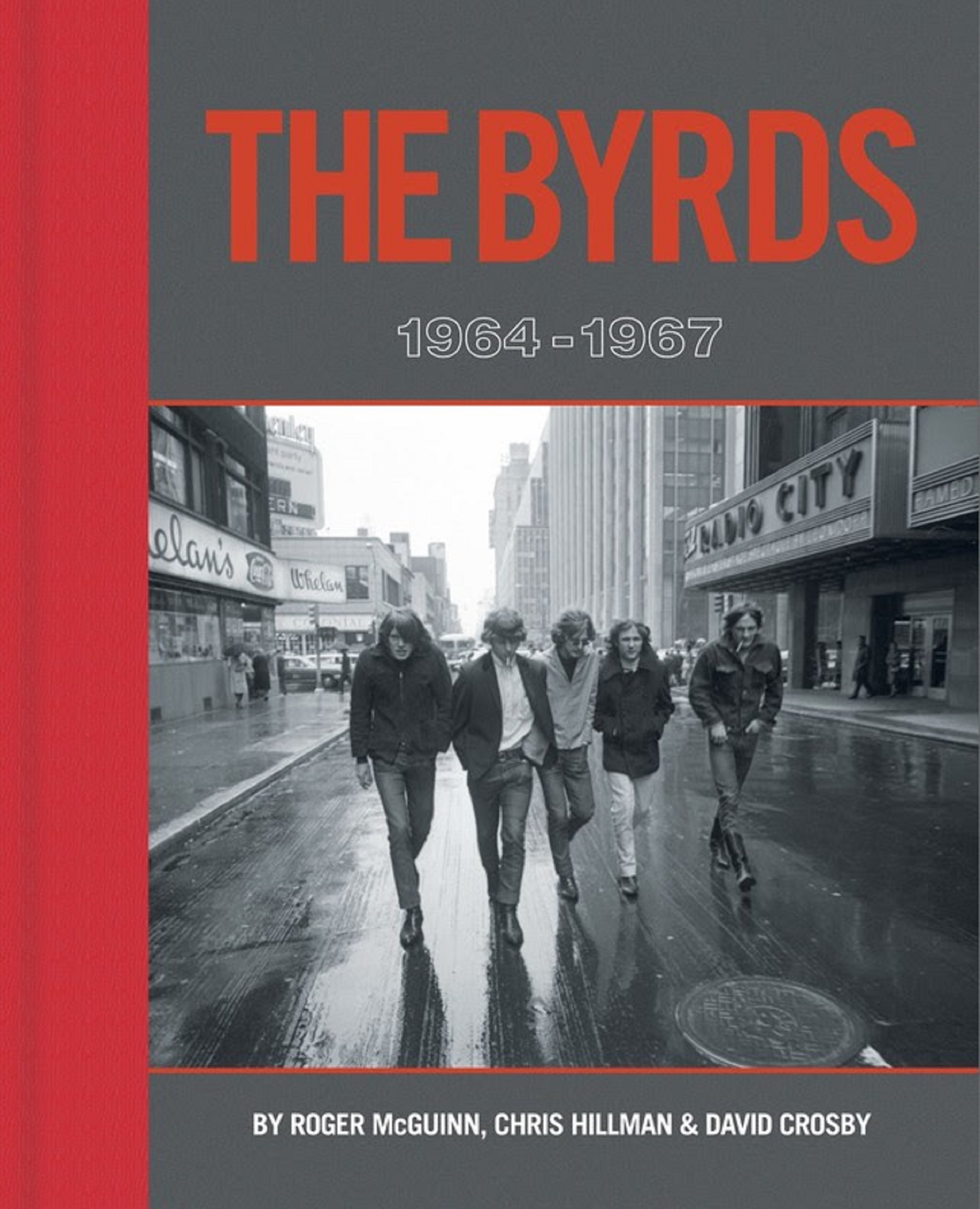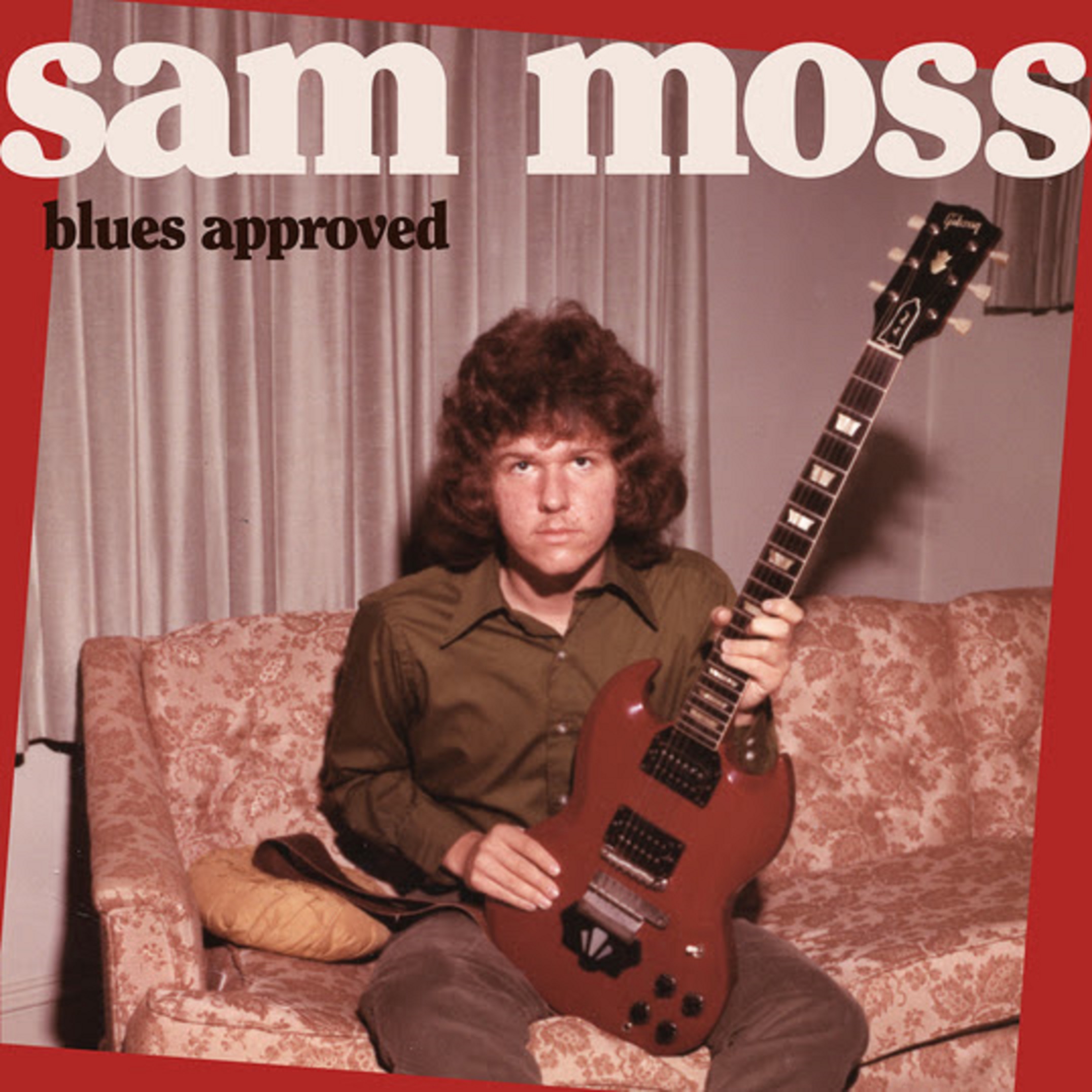"I guess I’m kind of a traditionalist, and I stick to what works for me, which is keeping things as simple as possible,” says Holly Golightly. "But I certainly don’t want every record to sound the same, and I think I’ve managed to pull that off, within the strict parameters that I’ve set for myself. As far as I’m concerned, there’s no limit."Sunday Run Me Over, due out October 9, 2012 on Transdreamer Records through Megaforce, is Holly’s fifth album with the Brokeoffs, who are actually a duo consisting of the London-born, Georgia-based singer/songwriter/guitarist and Texas-bred multi-instrumentalist and longtime collaborator Lawyer Dave, who contributes guitar, drums and vocals. But it’s one of nearly 30 albums on which the pioneering D.I.Y. iconoclast is featured, either as a solo artist or band member, and that figure that doesn’t include her various singles, guest appearances and collaborations with the likes of the White Stripes, Mudhoney, the Greenhornes and Rocket from the Crypt. Throughout a career that’s spanned more than 20 years, she’s maintained a fierce fidelity to the unpretentious attitude and stripped-down sonic sensibility that’s made her a seminal influence upon multiple generations of garage, punk and lo-fi artists. Although she prides herself on sticking to the basics, the Sunday Run Me Over nonetheless finds Holly Golightly and the Brokeoffs mining an assortment of rootsy musical sources to create such deeply expressive, unmistakably personal tunes as the chugging opener “Goddamn Holy Roll” (a line from which gives the album its title), the ghostly, loping duet “They Say” and an off-kilter waltz “One For the Road.” This set also features a trio of retooled cover tunes: a lilting take on the Davis Sisters’ 1953 country hit “I Forgot More,” a spirited reading of Wayne Raney’s 1960 gospel chestnut “A Whole Lot More . . . ” — a.k.a. “We Need a Whole Lot More of Jesus (and a Lot Less Rock and Roll)” — and a hearty run through Mac Davis’ 1980 “Hard to Be Humble,” which boasts an appropriately swaggering lead vocal by Lawyer Dave.Holly and Dave recorded Sunday Run Me Over at home, in their modest studio built by Dave on the rural parcel of land that the pair shares near Athens, Ga., where they rescue horses, dogs, chickens, geese and goats alongside making music.“We rented in some pretty fancy equipment this time around, so that we could make it sound a bit different,” Holly explains, adding, “The benefit of doing it at home is that you can take your time doing it, which is a luxury you don’t get when you’re up against the clock in the studio. You can record in your pajamas, or you can trip out there at four in the morning if you have a mind to change something. Having the freedom to do it at your own pace allows you to make music that sounds unhurried, and it makes for a lot of space in the music. “We really did give this one our undivided attention, and I think that really does show,” she says of the new album. “We worked really hard on it — not that we haven’t worked hard on the others, but on this one, we wouldn’t stop working on something until we were a hundred per cent happy with it before moving on. We also recorded it in the dead of winter, which we don’t normally do, so it wasn’t too hot. We had lots of energy in the studio, ’cos it was cold, and I think that’s reflected in the music.”Born in London, in the same hospital that Jimi Hendrix died in, Holly Golightly grew up in a bohemian household and pursued her own musical path early in life, embracing punk rock and vintage soul. “I stopped listening to pop music when I was quite young . . . The music that was popular at the time simply didn’t do anything for me,” she recalls. “I was absorbed in the sub-culture of soul clubs and dancing to ’50s and ’60s R&B, and that was more my thing. I had a punk rock sensibility, but I loved soul music. So when I started to make music myself, I drew from what I loved, and that’s all I’ve done ever since. It is a bottomless pool of inspiration.”Although she’d never sung in public previously, Holly’s performing debut came via Bruce Brand, drummer of Billy Childish’s seminal garage-primitive combo Thee Headcoats. An impromptu guest spot singing with the band led to a lengthy run as a member of Thee Headcoats’ sister band, Thee Headcoatees, who were “invented” on the spot and with whom she recorded eight albums during their 12 years together. In 1995, while still a member of Thee Headcoatees, Holly branched out into a solo career that quickly revealed a both a distinctive songwriting talent and a commanding stage presence. Her solo work also largely traded Thee Headcoatees’ three-chord girl-group garage rock for a rootsier, more intimate approach. She’s been intensely prolific in the years since, releasing 20 solo albums as well as numerous singles and EPs for a variety of independent labels, including Damaged Goods, Kill Rock Stars and Sympathy for the Record Industry. In 2007, Holly officially teamed with Lawyer Dave, who had been playing stand-up bass in her touring band for several years, to form Holly Golightly and the Brokeoffs. Recording and performing as a duo, with Holly singing and playing guitar, and Dave playing guitar with his hands and a drum set with his feet, they developed a raw, immediate sound that’s perfectly suited to their explorations of such themes as love, whiskey, religion and guns. Holly Golightly and the Brokeoffs’ 2007 debut effort You Can’t Buy A Gun When You’re Crying won considerable attention from critics and fans alike. The pair continued to expand their audience with 2008’s acclaimed Dirt Don’t Hurt, their first release on the Transdreamer label. It was followed by the EP Devil Do and the widely acclaimed albums Medicine County and No Help Coming, released in 2010 and 2011, respectively.The Brokeoffs, Holly notes, “is the first true collaboration I’ve really been involved in, and Dave generally doesn't work well with others, so learning how to do it well has taken us a few years. It slows things down a bit, when two people have to agree on things, and of course neither of us had a surplus of patience for it in the beginning. I’d gotten very used to doing everything my way and so had Dave, but now we've come to value the benefits of collaboration and seem to have honed it to a fine art.”






